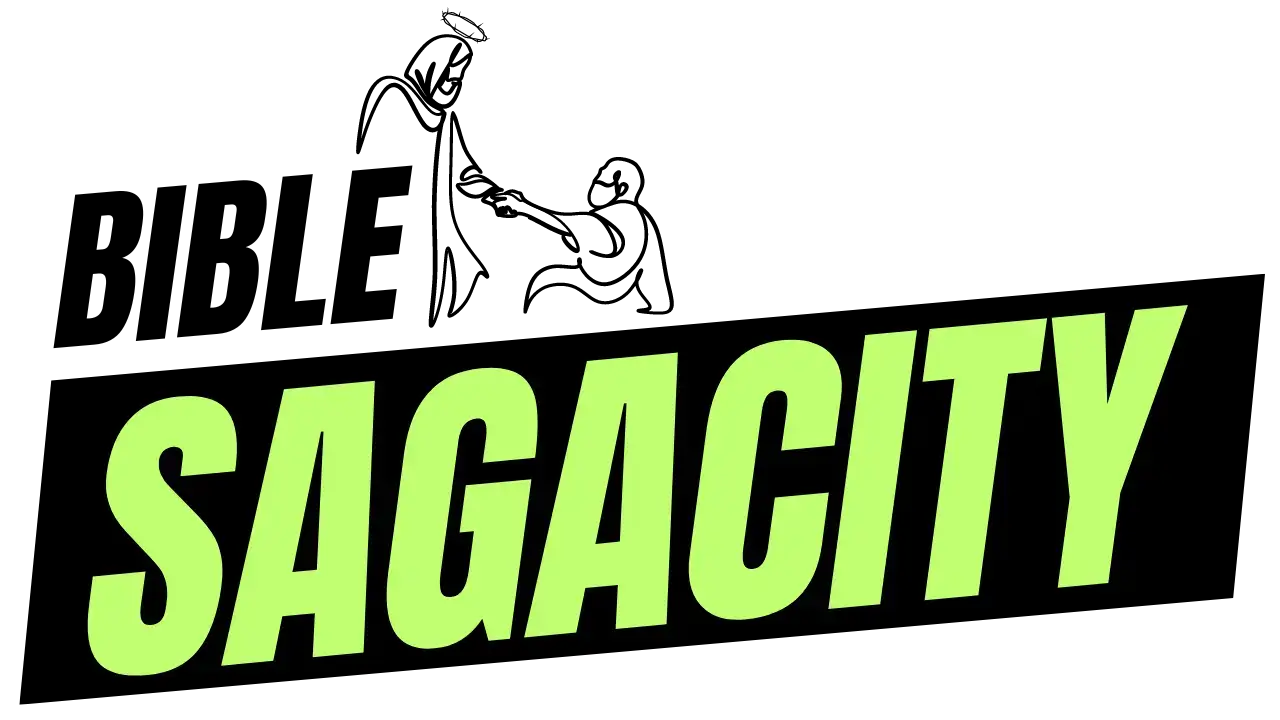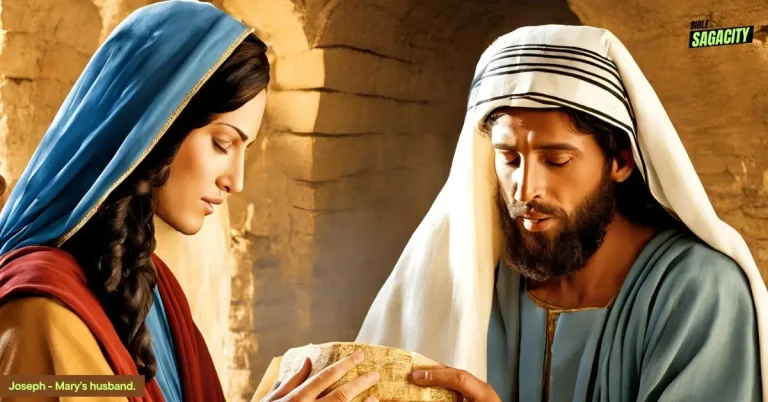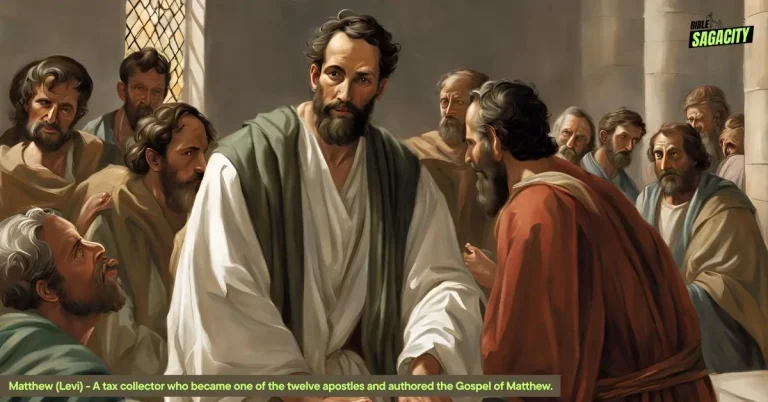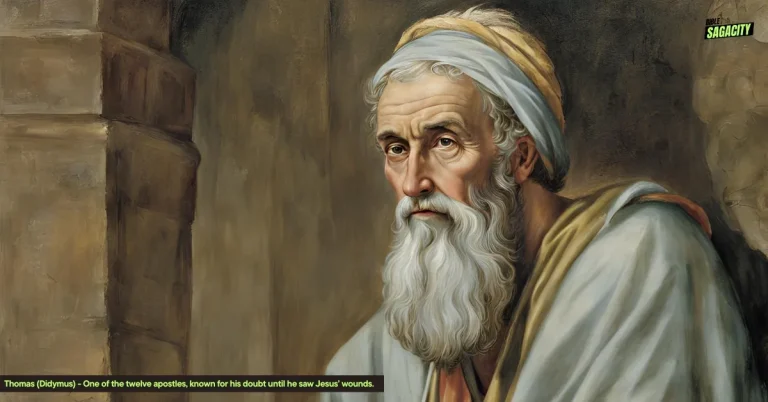Why Do Modern Translations of the Bible Have a Copyright?
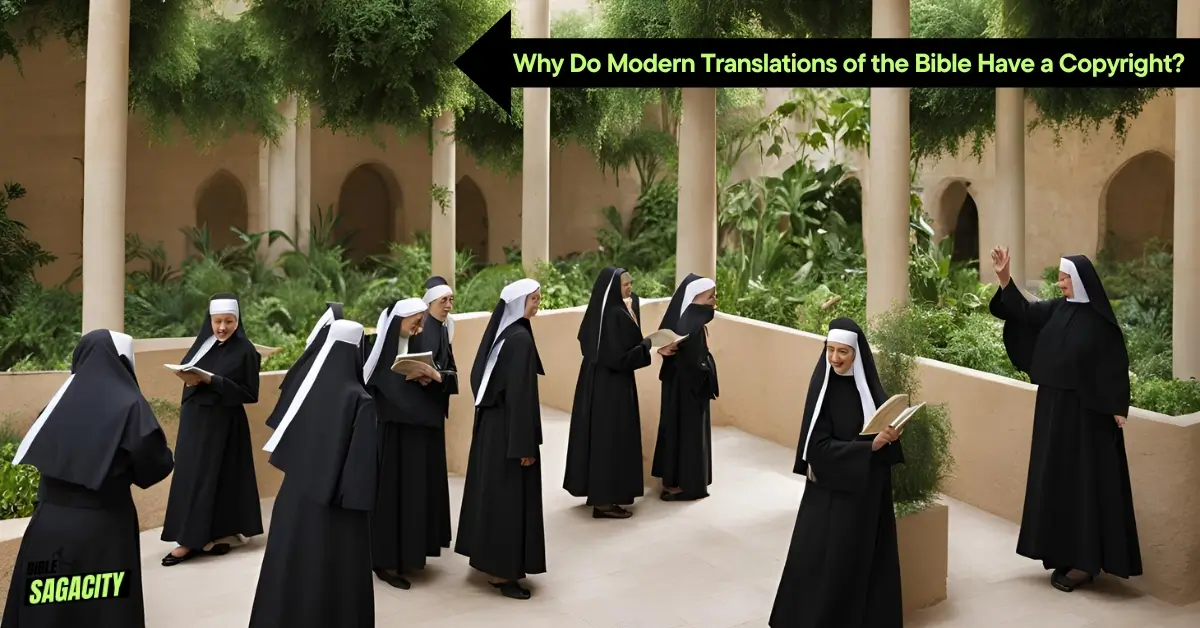
Early Translation And The Absence of Copyright
The translation of the Bible began in the first century AD and its purpose was to convey the messages of the Bible to people so that they could gain knowledge from it and improve their lives. But until then there was no concept of copyright, it was only passed on to people as needed and there were no restrictions on using it. One of the first famous translations was Septuagint and it was done in Greek.
When the printing press came, the first printed Bible called the Gutenberg Bible brought the message of the Bible to the people. Even then no copyright was used.
The Beginning of Copyright in Modern Translations
Copyright was introduced in the seventeenth century and its purpose was to respect the labor of those who translated and published it. Another purpose was to print the Bible legally, not illegally, because people might change it and start printing it again. So it was necessary to legally print the Bible in order to preserve it. When the Statue of Annie was approved in England, the first copyright law was made. And only after that, copyright was included in the Bible law.
The Need For Copyright in Modern Translations
When Bible scholars translate the Bible, they do their own research, complete interpretation, study it in every aspect and work hard, then the Bible is translated authentically with full knowledge. So copyright is needed to protect their work, prevent others from using it illegally and maintain the quality of the translation. Apart from this, the New International Version and the English Standard Version have also been copyrighted.
The Role of Bible Societies And Publishers
Anyone can interpret a verse to mean anything, so it is necessary that the authentic interpretation of the Bible be communicated to the people. For this reason, Bible societies and publishers protect the Bible through copyright, so that the text’s translations remain correct. If we talk about some publishers, they also print their Bible translations under copyright, such as Crossway and Zondervan, so that the Bible cannot be misused and the Bible translation can be preserved.
Accuracy And Trust in Bible Translations
Copyright obligates translators to ensure that the translation is accurate, without any errors or omissions. Therefore, the copyright law preserves the accuracy of the Bible translation. In addition, the copyright also gives the translators the right to make the Bible translation even better. That is why copyright law is so important to maintain the authenticity of the Bible.
Financial And Ethical Aspects
It takes a lot of hard work to translate the Bible, only by doing a thorough research, looking at different aspects and historical aspects, the authentic and best translation of the Bible can be made. Therefore, the translators of the Bible should get the fruits of their labor. Therefore, through copyright, they are rewarded for their hard work. Another advantage of copyright is that its laws include that the Bible cannot be used for any illegal or immoral activity. It also preserves the Bible and is used correctly.
Public Domain Transactions And Modern Copyright
If we talk about old translations, they are not protected because they are in the public domain. But there is no copyright on them and anyone can use them in any way without permission. It can also be used in any illegal and unethical activity. But the new translations are copyrighted and cannot be used by people without permission and permission is required to use them. In this way, modern translations are protected by copyright to maintain the standard status of Bible translations.
Duration And Expiry of Copyright
Copyright on a translator’s translation of the Bible lasts for a certain period of time, after which it expires, and then anyone can use it without copyright. As long as the publisher lives and after his death it remains copyrighted for 70 years but after that it goes to public domain then anyone can use it in any way.
The Digital Age And Copyright
There are many conveniences of the modern age like if we create a website that contains the teachings of the Bible, they can reach many people very easily. But along with the advantages there are also disadvantages in the modern age because people can misuse it and send the wrong message to many people. Therefore, even in modern times copyright laws have become stricter so that no one can misuse it. And whoever publishes the Bible translations in the website or application, they cannot do anything wrong and unethical because if they do, they can be prosecuted.
Frequently Asked Questions
Conclusion
Placing a copyright on a Bible translation is a very important process because it protects the work of the translators and preserves the original meaning of the Bible. Because translating the Bible is not an easy task, it requires a lot of hard work and research then its true meaning comes out. That is why the copyright was used to preserve the hard work of the translators and the original translation of the Bible. Copyright enforcement provides clarity and assurance to translators that their work will be legally protected and no unethical behavior will occur.
